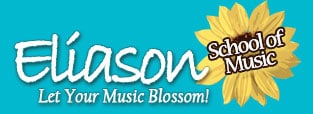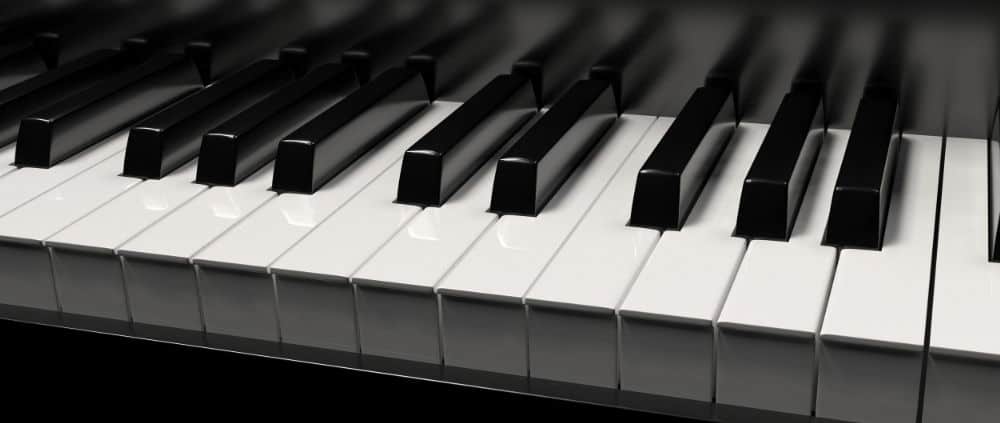Let’s be honest, you’ve heard some grown-up suggest piano lessons and then heard a child run for their life at least once in your life. Maybe that child was you. For far too long, piano lessons have been associated with boring, mind-numbing drudgery that teaches skills you’ll probably never use again. But piano lessons don’t have to be drudgery, and you can get far more out of them than “Heart and Soul” and “Chopsticks.” It’s high time we gave piano lessons another chance by looking at the advantages of learning to play piano.
Split Attention
When you play piano, your left hand and your right hand usually play two independent rhythms, a tricky skill to be sure, and the reason many potential pianists have thrown in the towel prematurely. But the more you practice this skill, the more it develops the brain’s ability to focus on two things at the same time. This means that other tasks that involve focusing on multiple things at once, like driving or multitasking, will also come easier.
It Makes Learning Other Instruments Easier
If you aspire to become a one-man band, then start with piano. Unlike most other instruments, piano music is written on a grand clef which uses both the bass and treble clef. Mastering both at the same time will allow you to read music for instruments that use either. Learning piano also teaches you skills that you can apply to other instruments. For example, the understanding of chords you learn from the piano helps you to master the guitar, the complex rhythms help with percussive instruments, and the harmonics help you with the violin.
Quickest to Get Started
Another advantage of learning to play piano as your first instrument is that as complicated as the skill is, it’s still one of the easiest to start out with. Making the instrument make a clear sound isn’t an extra skill you have to learn with piano like it is with horn, reed, and string instruments. If you can turn off a light switch, you can play a note on the piano and immediately start learning to make music. Pianos also don’t have to be retuned every time you play.
A Variety of Music Styles
A lot of people turn away from piano because they don’t want to get stuck playing “classical” music. Now, I love Chopin’s Nocturn Op.9 No. 2 as much as the next person, but if I thought that was all I could play I would be a little discouraged too. But the piano is one of the most versatile pianos out there. If you can play piano, you can play pop, rock, jazz, gospel, ragtime, blues, and more.
As you can see, the issue of learning piano being boring isn’t quite as “black and white” as we all thought. And if we’ve convinced you, here at Eliason School of Music we offer some of the best private piano lessons in Portland, Oregon.










